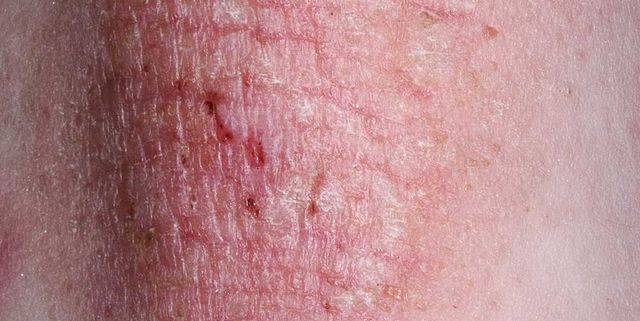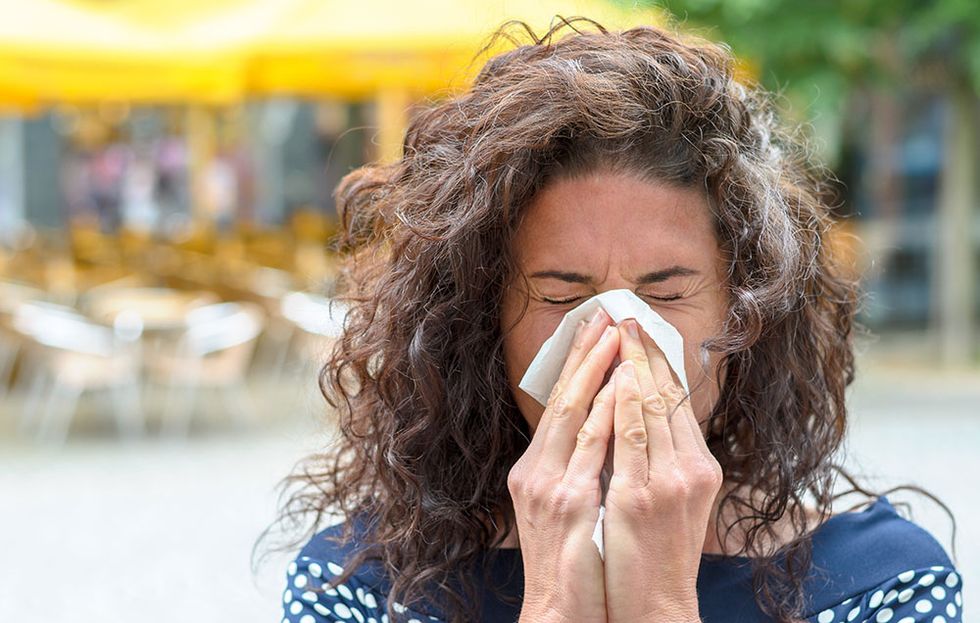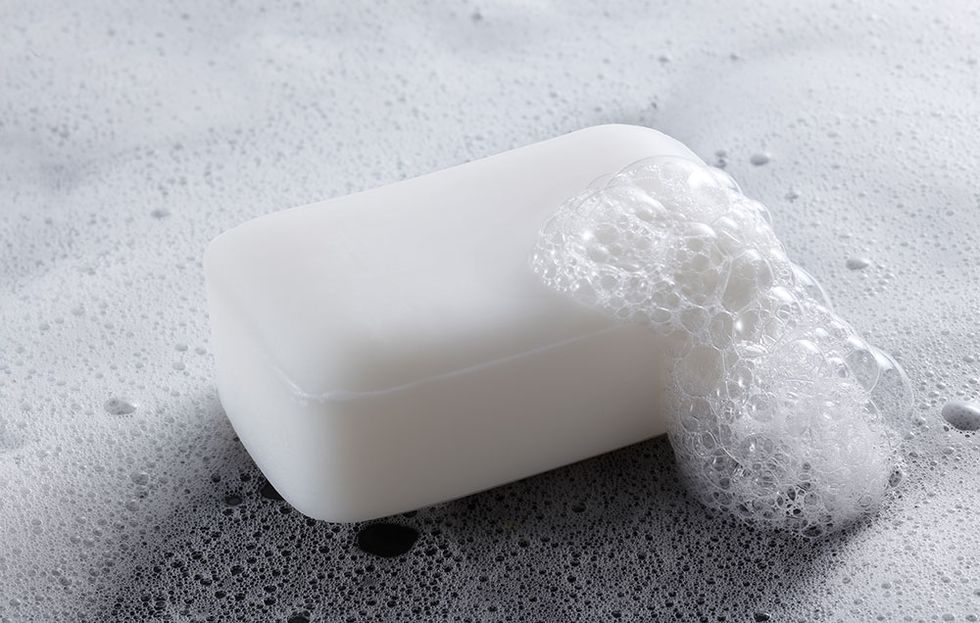They're red, itchy, totally obnoxious, and they just might reveal something hidden about your health. Those scratchy patches are like nagging red flags, and the key to making them go away is figuring out what's causing them.
Those who've battled the condition since childhood have a type called atopic dermatitis, which is genetic. But if you experience your first flare-up as an adult, you likely have another variety that's caused by an external irritant, and a dermatologist can identify your triggers to help you soothe your skin. The usual suspect? Contact dermatitis, says Alisha Plotner, MD, a dermatologist at The Ohio State University Wexner Medical Center. Another common type is nummular dermatitis, which appears on the lower legs as coin-shaped sores, and is more likely to affect older adults, she says. (Lose up to 25 pounds in 2 months—and look more radiant than ever—with Prevention's new Younger In 8 Weeks plan!)
Here, dermatologists reveal 6 things your eczema might be telling you. (And always follow up with a visit to your doc.)
Watch Next

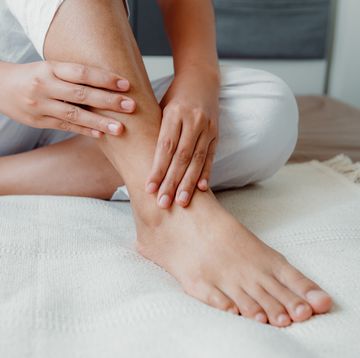
14 Reasons Your Feet Won’t Stop Tingling

15 Reasons for Cramps but No Period, Per Doctors

Pictures to Help You ID That Skin Rash
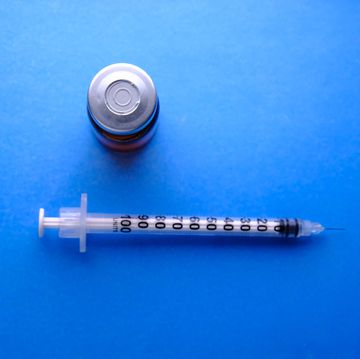
Study: Weight Loss Drug May Help Sleep Apnea
